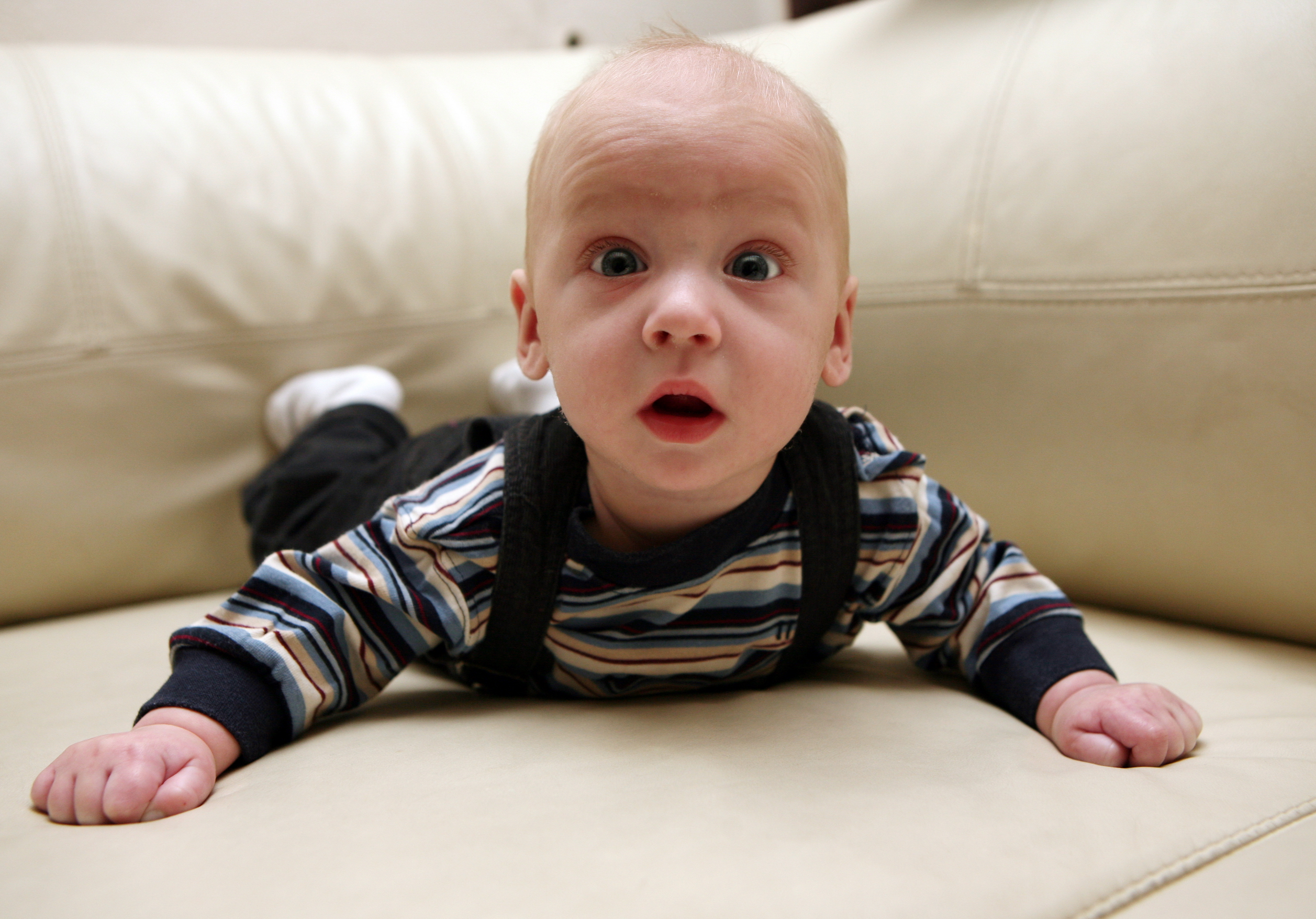Household Bills
Baby sleeping bag safety warning

Which? found that many baby sleeping bags sold on online marketplaces and by well-known stores failed safety checks.
Some of the items sold by trusted retailers such as JoJo Maman Bébé posed serious safety risks that could cause a child to choke, suffocate or overheat.
The consumer champion found that 12 out of 15 baby sleeping bags bought from online marketplaces, as well as high street and online stores from leading brands, failed its safety tests.
The bags were chosen to be tested if they came up as the first relevant product when searching online and had to be described and fit the look of a traditional baby sleeping bag.
All nine sleeping bags from online marketplaces AliExpress, Amazon Marketplace, eBay, Etsy and Wish failed at least one of Which?’s tests, with some posing major safety risks to babies’ lives.
Which? says this raises serious questions about the limited responsibilities of platforms for ensuring products sold on their sites are safe.
Sleeping bags bought from JoJo Maman Bébé, Aldi and Grobag also failed Which?’s safety testing by either posing a safety risk or failing to adhere to British standards.
Infants’ lives put at risk
Baby sleeping bags can be a safer alternative to traditional cot blankets as they prevent babies’ faces from accidentally getting covered during the night, which can lead to suffocation. Yet Which? found sleeping bags sold by third-party sellers on online marketplaces and by some popular retailers could be putting infants’ lives at risk.
Which? ran rigorous lab tests to check whether baby sleeping bags were safe to use. This included checking the neck opening was the right size, ensuring fasteners and buttons were secure and that the sleeping bag was free from loose threads and strangulation hazards.
Each bag was also checked to ensure it stated accurate tog levels – so babies didn’t overheat – and included all key safety instructions. If a product didn’t pass all the tests, it was deemed unsafe.
Serious failures
Which? found that seven of the 12 sleeping bags that failed, were deemed to be serious failures meaning that they could cause a baby harm or endanger its life.
Raising the most concerns, Which? found that three sleeping bags, including one purchased from AliExpress, one from Wish and one from boutique retailer Jojo Maman Bébé, had wide-neck openings that were too big for the age they were advertised for.
Neck openings that are too wide could lead to a baby slipping down into the bag and suffocating.
Another sleeping bag purchased from AliExpress presented a choking risk to babies, as Which? testing found the button inside the hood could be easily pulled off. This bag also didn’t come with any safety instructions.
A fox-themed baby sleeping bag sold on Wish.com raised concerns as the tog level exceeded the upper recommended level by 26%, which could cause overheating. Again, there were no safety instructions with the bag.
A sleeping bag purchased from Etsy failed testing as it did not mention the height and age the bag is designed for.
One sleeping bag sold on eBay failed testing due to long, loose and free-hanging labels or threads that could catch on the fingers of small babies as they move around or lead to strangulation. It also had no safety instructions or warnings.
A further five baby sleeping bags had less serious safety concerns but failed to meet British safety standards.
Sleeping bags which passed the tests
Only three sleeping bags – from Asda, John Lewis and Mamas & Papas – passed all Which?’s safety tests and met British safety standards.
Despite the huge growth in online shopping in recent years, online marketplaces have very limited responsibility for ensuring products sold on their sites are safe.
Following Which?’s investigation, Amazon, AliExpress and eBay have removed all of the baby sleeping bags that failed its tests from their sites.
Natalie Hitchins, Which? head of home products and services, says: “Parents will find it completely unacceptable that Which?’s investigation has found such a high number of dangerous products that could pose a potentially life-threatening risk to their baby as it sleeps.
“Consumers must be able to trust that if they buy a product in the UK from a well-known retailer or online marketplace that it will be safe and meet the safety standards required in this country.
“The government must step in to make online marketplaces legally responsible for the safety of the products sold on their sites. We also expect retailers to remove any unsafe products from sale.”